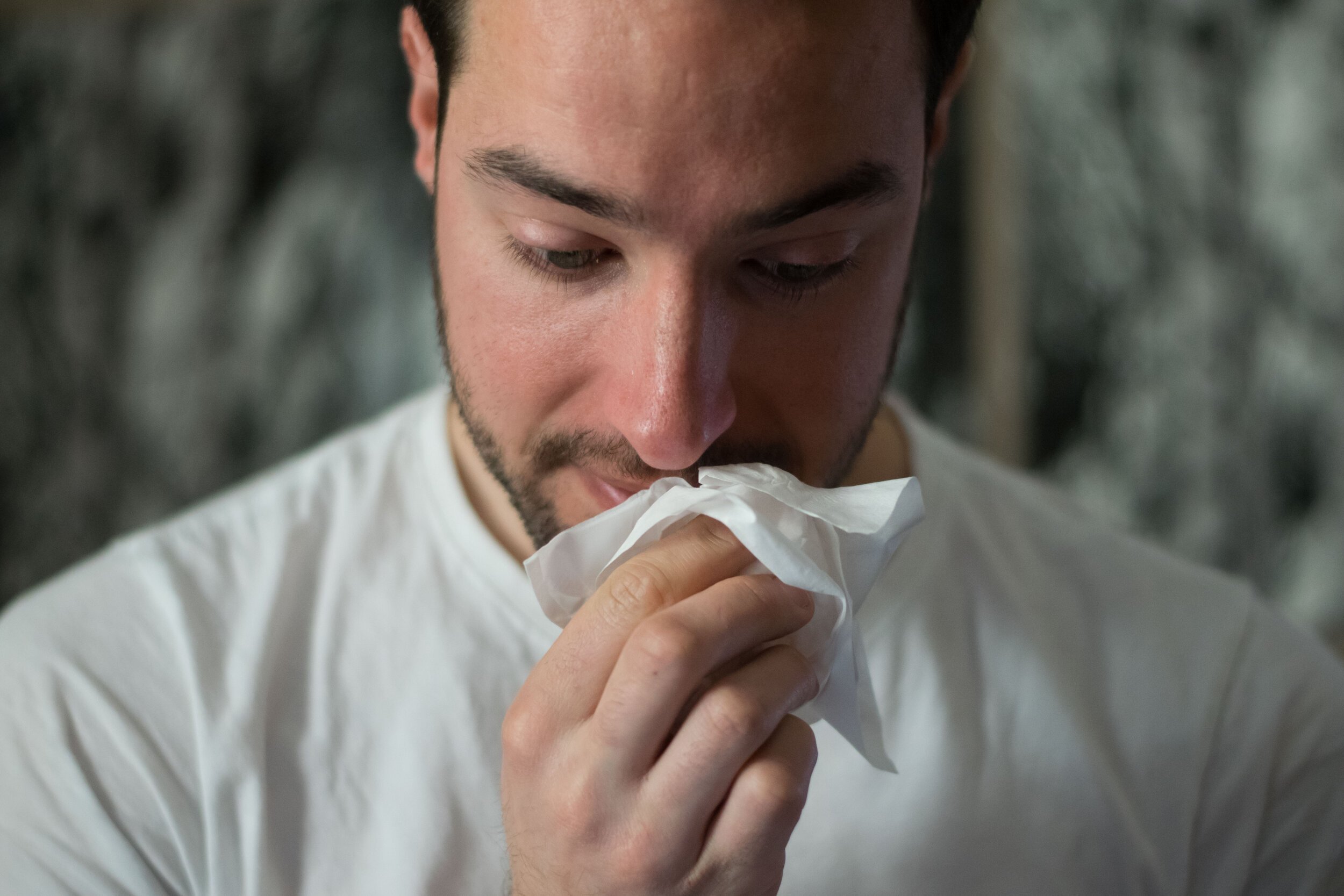Boosting Your Immune System and Avoiding the current pandemic
As the current pandemic is at the top of the headlines, stay informed from trusted information sources such as the Center for Disease Control (CDC). Below are reasonable steps you can take to help keep yourself healthy and safe.
Boost your immune system! First and foremost, I urge all of you to do everything possible to stay healthy yourself. It’s essential to prioritize your well-being and do all you can to boost your immune system. Research shows that sustaining healthy habits supports immunity and can help prepare our bodies to better fight and recover from illnesses.
Stick to a nutrient-dense, toxin-free diet, including known immune-supportive foods like garlic and ginger. Avoid foods that tend to weaken the immune system, such as sugar, refined grains, and all processed and refined foods, as much as you can. Keep alcohol consumption to a minimum.
Continue receiving adjustments, they increases the activity of the body’s white blood cells that work to combat viruses.
Practice mindfulness. Research suggests that mindful meditation can have benefits for health including immune function.
Get adequate sleep, ideally seven to eight hours a night. This is your body’s time to perform preventive maintenance, which bolsters the immune system. Research shows that repeatedly short-changing sleep by even an hour or two can negatively affect immunity.
Get plenty of sunshine and supplemental Vitamin D and K2. High levels of vitamin D have long been linked to lower rates of illness.
Consider taking additional vitamins, micronutrients, and supplements to support immunity, such as a high-quality multivitamin, magnesium, omega-3, vitamin C, elderberry, and digestive enzymes. Probiotics and powdered greens have also been shown to support immune and gut health.
Get at least 20 minutes of low- to moderate-intensity exercise a day to prime the immune system. This movement results in the production of more white blood cells, which combat bacteria and viruses, and promotes improved circulation.
Practice good hygiene! Many of these steps seem like common sense, but they are very important.
This includes washing your hands frequently for at least 20 seconds with soap and water to protect yourself and others from germs.
Always cover your mouth and nose with a tissue when coughing or sneezing. Then throw the tissue away.
Avoid touching your face, because germs routinely spread when a person touches something contaminated with germs and then touches their eyes, nose, or mouth.
If you feel sick, do the right thing. If you begin to develop cold or flu-like symptoms or become ill, take care of yourself and get plenty of rest. Minimize the spread to others by staying home. If you have symptoms of illness, call your healthcare provider immediately.
Stay informed. It’s important to process information in a balanced and thoughtful way. With that in mind, worrying or panicking in response to the overwhelming amount of information can create stress in the body, which is known to compromise immunity. The CDC provides a comprehensive overview of What You Should Know. Remember, mindfulness is the best way to approach life from a healthy perspective.
Based on the data so far, it’s worth noting that children do not appear to be any more susceptible to the current pandemic than adults. In fact, no deaths have been reported among the young. Additionally, based on existing cases, it’s estimated that about 80 percent of people who are affected experience only mild symptoms.
The current pandemic is a novel respiratory disease that began spreading in late 2019. It presents a threat due to its newness and contagiousness. Since it is so new, there is not a vaccine or a clear treatment plan in place yet. The World Health Organization, the Centers for Disease Control and Prevention (CDC), and local health officials are the trusted sources for the most accurate information.
One concern is that the viurs can live on certain surfaces at room temperature for several days. This, along with its rate of contagiousness, makes containment difficult. And because its symptoms are similar to those of influenza, it initially may be hard to know if they are indicative of the current pandemic.

